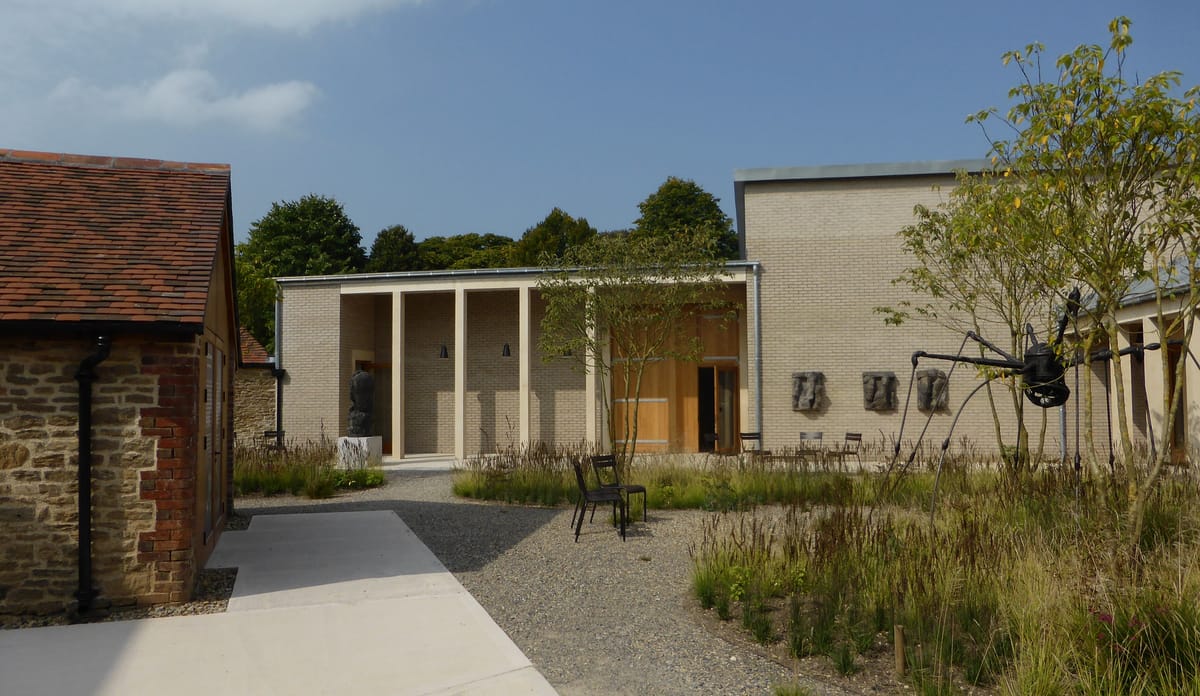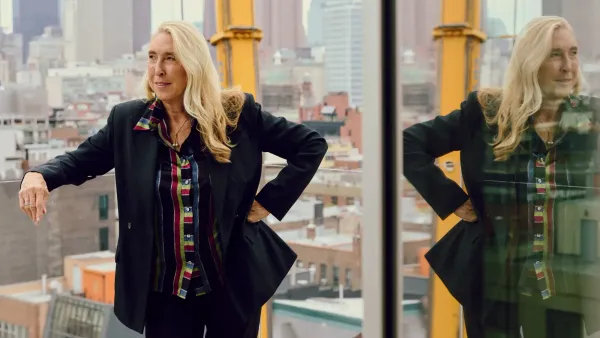Hauser & Wirth’s Swiss Move: Not a Tax Exodus, But a Powerful Signal in UK Wealth Debate
Hauser & Wirth owners Iwan and Manuela Wirth’s discreet move to Switzerland is not a tax flight but highlights ongoing tensions around wealth, taxation, and national loyalty in the UK art world.

They didn’t make a scene. No grand farewell, no public statement. Just a small notation in a Companies House filing: residence changed to Switzerland. With that, Iwan and Manuela Wirth—owners of the global powerhouse gallery Hauser & Wirth—quietly joined the growing list of ultra-wealthy figures reshuffling their European addresses. It was clean, professional, discreet.
And instantly politicized.
The timing was too perfect for Britain’s headlines to ignore. With Chancellor Rachel Reeves cracking down on non-dom tax perks and inheritance loopholes, the story writes itself: millionaires are fleeing. Wealth is leaving. The art world, too, is packing up. Another sign, they say, that Labour’s fiscal crackdown is backfiring.
But look closer. This wasn’t a retreat. It was a rearrangement. The Wirths didn’t cut and run—they’re still investing in the UK, still opening a new London gallery in 2026, still very much players in Britain’s high-end culture economy. Their UK turnover did dip 13% last year, yes—from £166 million to £144 million—but post-tax profit actually grew. This wasn’t about survival. It was about structure.
Still, their move lands like a signal flare. Because while the Wirths may deny their move is tax-related, their timing can’t be separated from the context: a rising drumbeat of policy changes targeting the ultra-rich, and a media climate obsessed with a so-called “exodus” of millionaires.
Advisory firms like Henley & Partners have fanned those fears, tossing around numbers like “10,800 millionaires lost.” But the London School of Economics has already torn that apart—reminding the public that these figures are based on surveys and proprietary estimates, not actual migration data. The reality? Maybe 0.5% of UK millionaires are relocating. Not an exodus. Not even a blip.
But perception sticks. Especially when billionaires are moving across borders and institutions like Hauser & Wirth are involved. And in the art world—where geography, power, and money have always danced tightly together—the symbolism runs deep.
Hauser & Wirth isn’t just another gallery. It’s a brand. A flagship of taste and influence, a marriage of old-world connoisseurship and luxury lifestyle marketing. Their Somerset compound, with Piet Oudolf-designed gardens, fine dining, and sleek minimalism, helped rebrand contemporary art as an experience, not just a transaction. They made rural England glamorous. They gave Bruton a pulse. So when its founders decamp—quietly, legally, efficiently—it resonates.
No one is accusing the Wirths of wrongdoing. But their move puts fresh pressure on the conversation about wealth, taxation, and national loyalty. Not because they left—but because they could.
The UK’s wealth elite have always had options. That’s the real issue. The mobility of capital has outpaced the reach of national policy. While ordinary people wrestle with NHS wait times and collapsing council budgets, those at the top can restructure, relocate, rebalance. That freedom is the privilege. That’s what this moment exposes.
It’s why economists like Gary Stevenson call the rich “the least mobile people from a tax perspective”—because their wealth is rooted in immovable assets. But that doesn’t stop them from moving themselves, and shaping the narrative when they do. It doesn’t stop lobbyists from weaponizing the fear of flight. Or policymakers from blinking first.
So while the Wirths’ shift to Switzerland may not trigger a rush to the Alps, it does reinforce a dangerous asymmetry: when the wealthy make choices, entire nations feel it. And when governments respond, they rarely do so from a position of strength.
Meanwhile, advocates for fairer taxation—from Patriotic Millionaires to Tax Justice UK—argue that it’s not about chasing anyone out. It’s about making extreme wealth visible, accountable, and contributive. The richest in Britain gained £35 million per day last year. That money isn’t building hospitals or paying teachers. It’s being preserved, protected, passed on. The system works—for them.
The Wirths are still in the game. They’ll keep shaping the art market, supporting artists, building institutions. Their influence won’t fade. But their move is more than a footnote. It’s a quiet marker in the ongoing debate over who gets to opt out of responsibility, and who never had that choice to begin with.
No, the Wirths didn’t start an exodus. But they reminded us how easily the exits open when you own the building.
ART Walkway News





